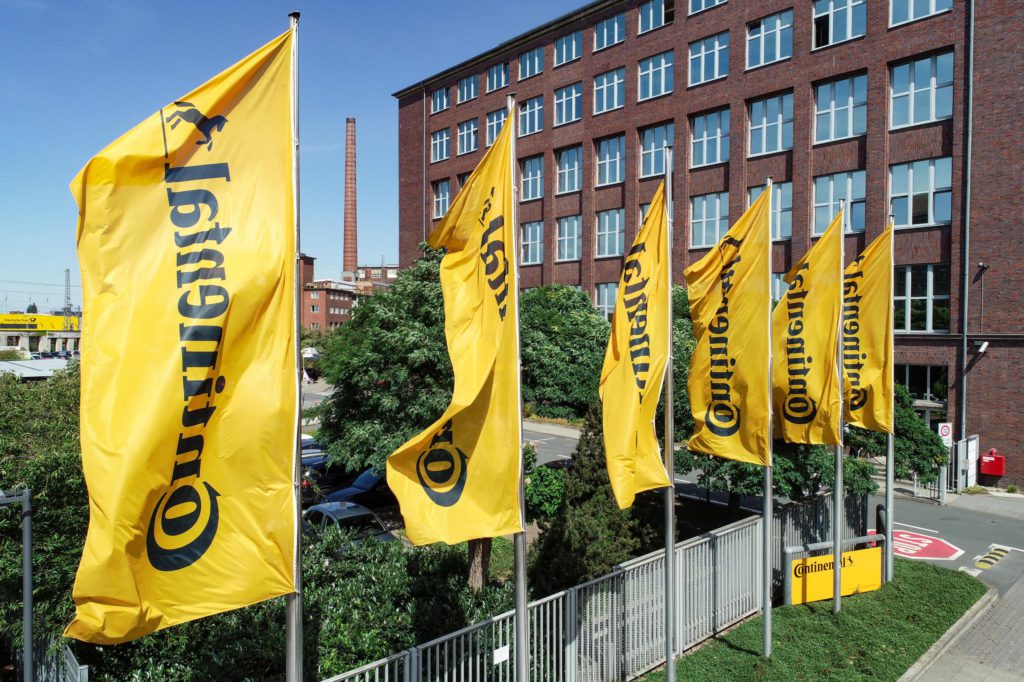Continental announces job cuts as engine component demand drops
22 November 2019

22 November 2019
Continental is to reduce its engine-manufacturing activities as demand for components is threatened by increased scrutiny over emissions.
The move will mean around 5,040 job losses by 2028 as the supplier winds up its internalcombustion engine activities. The programme aims to strengthen the company’s competitiveness in the long-term and viability in the future, it said in a statement.
Continental has been suffering from the global downturn in the automotive market, especially with the shift away from traditional engines to battery-powered alternatives. As a result, there is less demand for new engines and parts, as development at carmakers slows.
Ongoing efforts
The German company has been struggling for some time and recently announced a decade-long restructuring programme to get the business back on track. The business said last month it is to take a €2.5 billion impairment charge as it warned of a deep decline in the automotive industry.
′We are making good progress,’ said CEO Elmar Degenhart. ′With its resolutions today, the Supervisory Board is supporting our urgently-needed technological transition and thus the strengthening of our competitiveness and future viability. We are focusing on profitable growth areas, quickly and rigorously. These include assisted, automated and connected driving; services for mobility customers; and the tire, industrial and end-customer businesses. The jobs of the future will evolve in these growth areas.’
Site decline
Continental said around 520 jobs would be lost when a site in Roding, Germany, which makes hydraulic components for petrol and diesel engines, is closed down in 2024.
Another 850 jobs are under threat in Limbach-Oberfrohna, Germany, once manufacturing of diesel-injection components ends in 2028, and a further 2,200 jobs in Babenhausen, Germany, are under threat. In Pisa, Italy, 750 jobs are under threat because the production of petrol-engine components will cease by 2028, Continental said.
Greater retraining opportunities and a larger internal job market will help to place employees in vacant or soon-to-be-vacant positions in the global corporate network and to retain skilled staff, the company said. Furthermore, Continental will also work locally with other companies in the affected regions to help find employees new jobs.
These are the first announced job cuts from the new plan, which will affect up to 20,000 of its 244,000 jobs worldwide, including around 7,000 in Germany. The supplier will also be selling some areas of the business to external companies, as it looks to make itself relevant in the changing landscape.